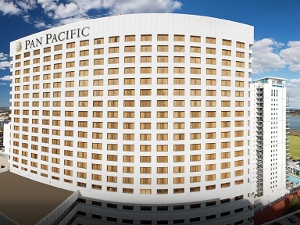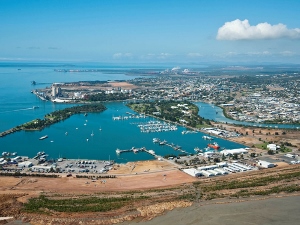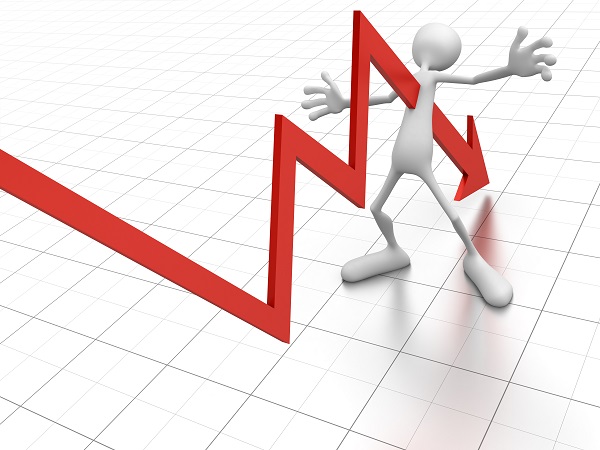Trivago admission paves way for multi-million-dollar fine
Hotel comparison site Trivago is facing a multi-million-dollar penalty after reportedly admitting misleading conduct in its prosecution by the Australian Competition and Consumer Commission.
The case was launched by the consumer watchdog in August, when it alleged the comparison site made misleading representations of hotel prices in TV and online advertisements.
At the time, ACCC chair Rod Sims said: “We are very concerned that such platforms convey an impression that their services are designed to benefit consumers, when in fact listings are based on which supplier pays the most to the platform.”
The ACCC alleges that from December 2013, TV adverts positioned Trivago as an impartial and objective price comparison service which helped consumers identify the best deals on hotel room bookings from a range of online sites, such as Expedia and Hotels.com.
However, the highlighted price was often not the cheapest available at that hotel.
Instead, the watchdog says, Trivago prioritised advertisers willing to pay the highest cost-per-click fees for a position on its platform.
“It’s been comparing apples with oranges – so it might take a junior suite and compare that with a standard room – and give you a discount when it’s not really comparing two rooms that are the same,” the Sunday Telegraph’s John Rolfe said.
“The ads are wonderful – we all love Trivago girl – and she tells us it’s the best price – only problem is, it’s not. It’s one big lie and they deserve to be punished.”
When the investigation was announced, Trivago released a statement saying it was disappointed by the action and would “vigorously defend” its interests.
However, The Daily Telegraph reports Trivago last week admitted in court documents that the site led consumers to ‘form an erroneous belief’ the results page contained the lowest prices.
With the admission, Trivago could be liable for up to $10 million in fines for each offence under Australian Consumer Law.
The German-based subsidiary of US bookings giant Expedia boasted a global revenue of $1.15 billion from 560 million clicks in the first months of 2018, with Australia its biggest market outside Europe and the US.
Trivago’s main source of revenue is the cost-per-click payments it receives, with advertisers charged a fee each time a user clicks on one of its offers.
In June, Trivago said in a filing to the US Securities and Exchange Commission: “The Australian Competition and Consumer Commission, or ACCC, has requested information and documents from us relating to our advertisements in Australia concerning the hotel prices available on our Australian site and our strike-through pricing practice, which is the display adjacent to the price quote in the top position in our search results of a higher price that is crossed out.
“We submitted this information to the ACCC in February 2018, and plan to provide certain related documents in March 2018. The matter is in its early stages, and we are unable to estimate its potential effect on our financial position and results of operations.”
The case will be heard in the Federal Court next week.

AccomNews is not affiliated with any government agency, body or political party. We are an independently owned, family-operated magazine.






